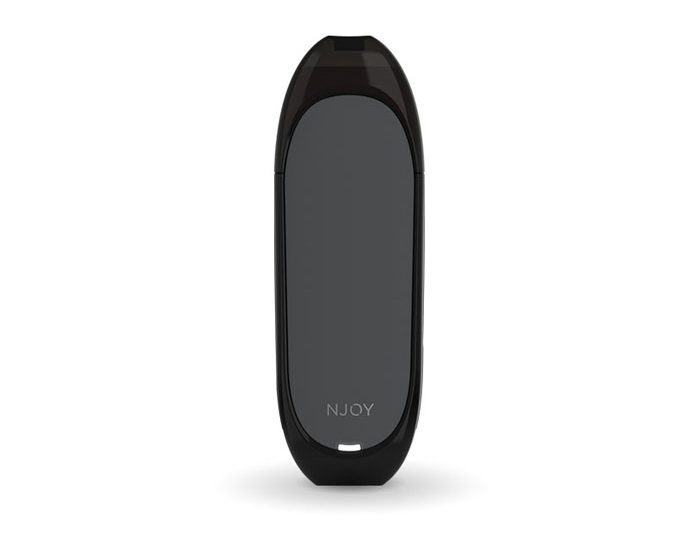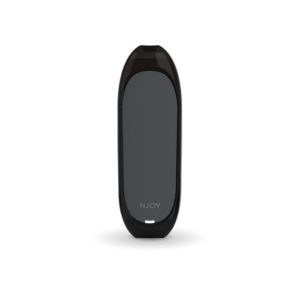Several Njoy Vapor Products get FDA Marketing Approval
- News This Week PMTA Regulation U.S. FDA
- April 26, 2022
- 3 minutes read

 The U.S. Food and Drug Administration on April 26 authorized four NJOY products through the premarket tobacco product application (PMTA) pathway. The FDA issued marketing granted orders to NJOY for its Ace closed e-cigarette device and three accompanying tobacco-flavored e-liquid pods—NJOY Ace Pod Classic Tobacco 2.4%, NJOY Ace Pod Classic Tobacco 5% and NJOY Ace Pod Rich Tobacco 5%.
The U.S. Food and Drug Administration on April 26 authorized four NJOY products through the premarket tobacco product application (PMTA) pathway. The FDA issued marketing granted orders to NJOY for its Ace closed e-cigarette device and three accompanying tobacco-flavored e-liquid pods—NJOY Ace Pod Classic Tobacco 2.4%, NJOY Ace Pod Classic Tobacco 5% and NJOY Ace Pod Rich Tobacco 5%.
Simultaneously, the FDA also issued marketing denial orders to NJOY for multiple other Ace e-cigarette products, which must now be removed from the market. These are presumed to be for flavors other than tobacco. Applications for two menthol-flavored Ace e-liquid pods remain under FDA review.
Under the PMTA pathway, the applicant must demonstrate to the agency, among other things, that marketing of the new tobacco product would be appropriate for the protection of the public health, the FDA explained in a statement.
The authorized NJOY products were found to meet this standard because, among several key considerations, chemical testing was sufficient to determine that overall harmful and potentially harmful constituent (HPHC) levels in the aerosol of these products is lower than in combusted cigarette smoke.
Further, data provided by the applicant demonstrated that participants who had used only the authorized NJOY Ace products had lower levels of exposure to HPHCs compared to the dual users of the new products and combusted cigarettes. Therefore, these products have the potential to benefit adult smokers who switch completely or significantly reduce their cigarette consumption.
Additionally, the FDA considered the risks and benefits to the population as a whole, including users and non-users of tobacco products, and importantly, youth. This included review of available data on the likelihood of use of the product by young people. For the authorized products, the FDA determined that the potential benefit to adult smokers who switch completely or significantly reduce their cigarette use, would outweigh the risk to youth, provided that the company follows post-marketing requirements to reduce youth access and youth exposure to their marketing.
Additionally, this authorization imposes strict marketing restrictions on the company to greatly reduce the potential for youth exposure to tobacco advertising for these products. The FDA said it will closely monitor how these products are marketed and will act as necessary if the company fails to comply with any applicable statutory or regulatory requirements, or if there is a notable increase in the number of non-smokers—including youth—using these products.